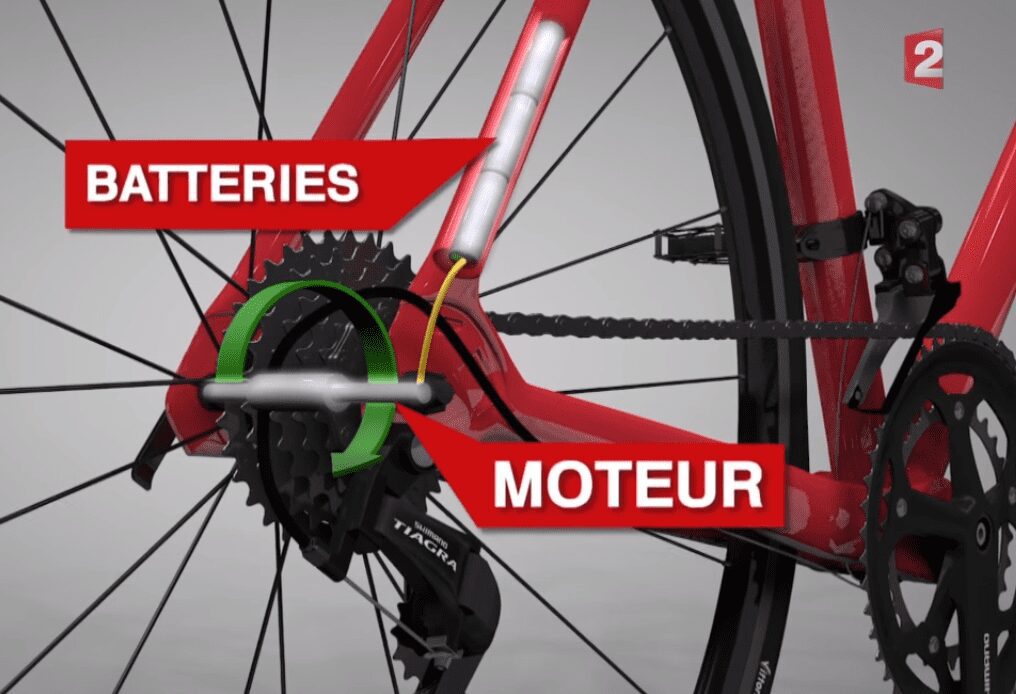Despite the UCI’s claims of conducting testing for mechanical doping at all UCI WorldTour events and UCI Women’s WorldTour events, a investigation by RadioCycling has exposed serious inconsistencies and shortcomings in these efforts.
THREAD
A RadioCycling investigation has revealed details of the UCI’s inconsistent and irregular motor-doping tests, despite the sport’s governing body stating that it “carries out bike tests *at all* UCI WorldTour events…as well as… [at] UCI Women’s WorldTour events.
1/
— RadioCycling (@radio_cycling) September 27, 2023
Lack of tests in key races
One notable revelation from the report is that technological fraud tests were omitted during four of the 21 stages of the recent Giro d’Italia, including critical time trial stages 1 and 10. Equally concerning, X-ray technology, an essential tool for detecting mechanical doping, was conspicuously absent during the opening grand tour of the season.
This alarming issue is not confined to the Giro d’Italia alone. The Tour de France, a flagship event in the cycling calendar, failed to implement magnetic pill or X-ray tests on stage 21 in Paris. That lack of tests is not limited to these races alone, but extends to other competitions such as the Volta a Catalunya, the Tour of Scandinavia, and the Tour Down Under, among others.
Data not being shared
Even Paris-Nice, was marred by the absence of testing on stages 5, 7, and 8. Milan-San Remo and significant women’s races like Paris-Roubaix and Flèche Wallonne also had limited cycling events due to inadequate testing measures.
In light of these deficiencies, senior UCI officials reportedly expressed doubts about the potential use of hidden motors within the peloton, casting shadows on the integrity of professional cycling. In response to these concerns, RadioCycling sought data from 51 men’s and women’s WorldTour races. Shockingly, only 24 races provided information, 12 stated that the UCI had not shared any figures, and 15 did not respond at all.
UCI tests against hidden motors may be ineffective, new report
The UCI has defended its program against technological fraud in a statement, asserting that a total of 4,280 tests were carried out in 2023. These tests utilized magnetic tablets in 3,777 instances and X-ray technology in 503 tests. According to the UCI, all tests yielded negative results, attempting to reassure the cycling community about…
Click Here to Read the Full Original Article at Canadian Cycling Magazine…

